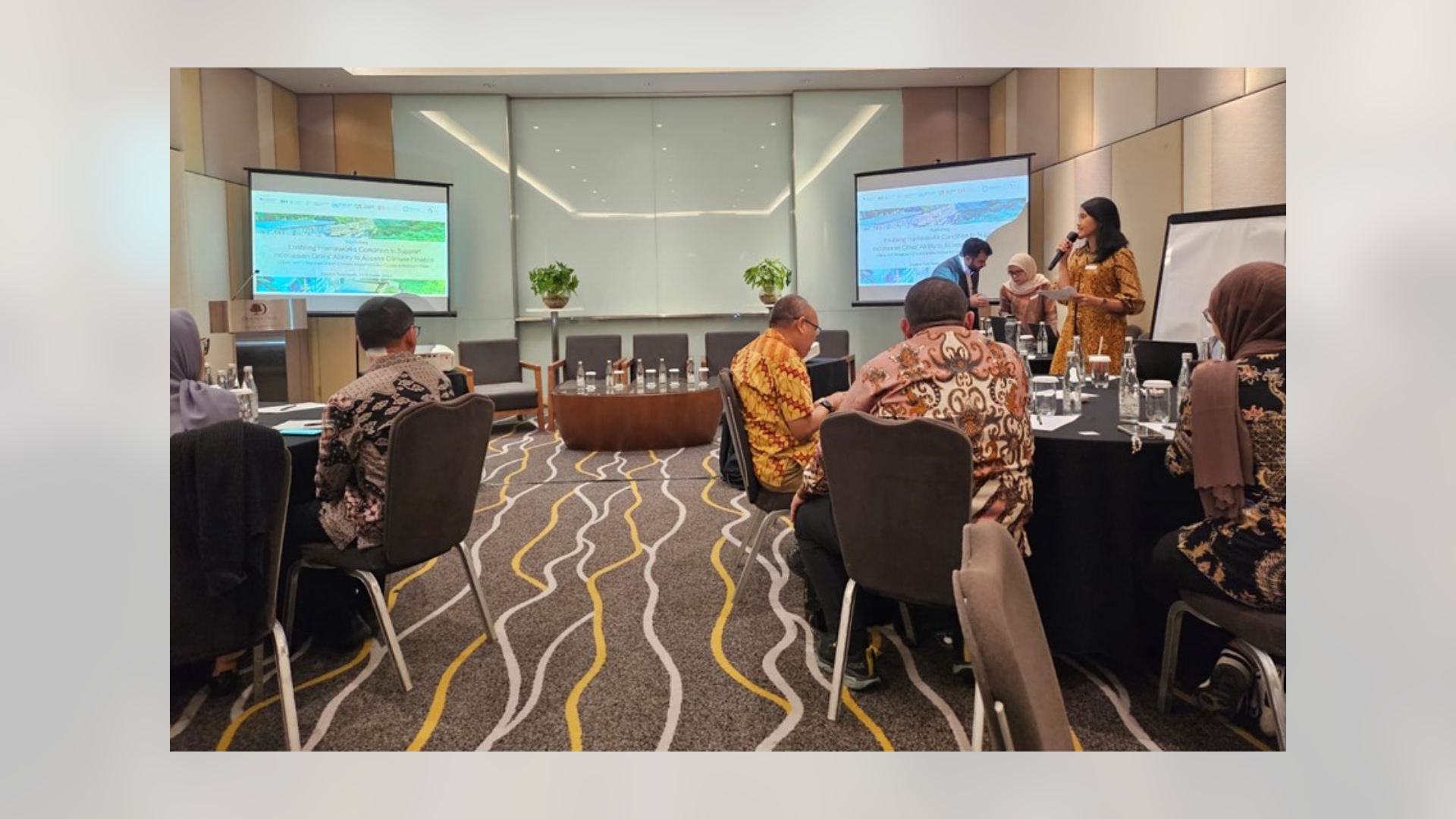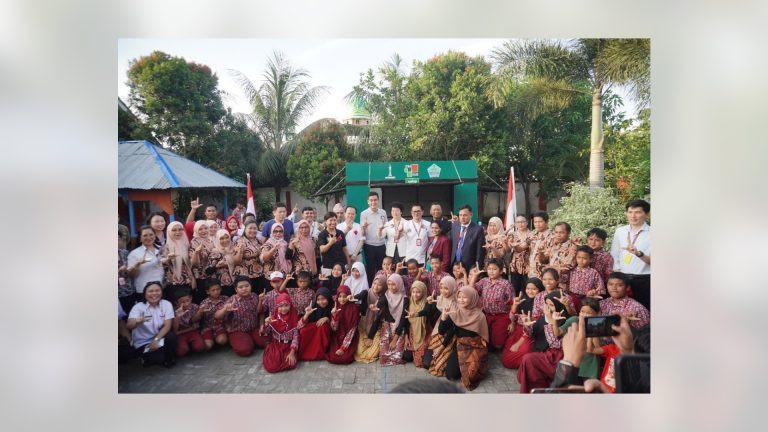October-November 2023 | UCLG ASPAC, under the framework of the Urban-ACT programme, the Integrated Urban Climate Action for Low-Carbon and Resilient Cities, supports cities for sustainable urban governance and climate financing by promoting enabling frameworks and knowledge sharing on assessment of enabling conditions in various stages.
Philippines Urban Forum 2023: Sustainable Urban Governance: Building an Enabling Environment, Preparing Bankable Projects
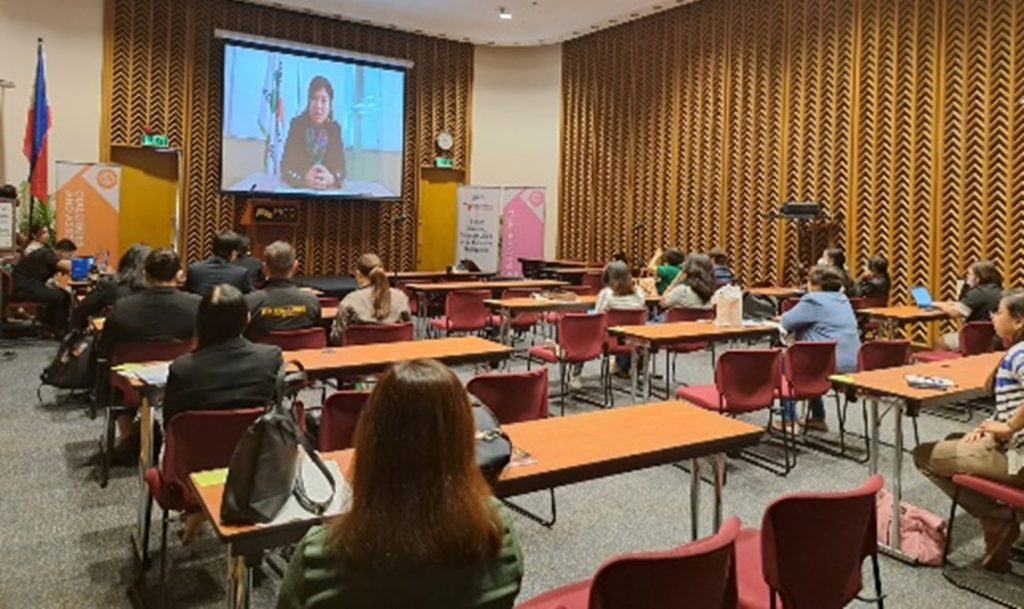
October, 6th 2023 | UCLG ASPAC co-organised Sustainable Urban Governance: Building Climate-Resilient and Bankable Urban Projects with the GIZ Philippines and the Cities Development Initiative for Asia (CDIA), a training session as part of the Philippine Urban Forum 2023.Discussion revolved around sustainable urban governance for climate resilience. It also shared country ratings on institutional conditions for inclusive urban development, enhanced knowledge on climate-resilient and financially viable urban projects, and fostered learning exchanges among stakeholders at different levels. The session supported a transformation towards low-carbon and resilient urban development in India, the Philippines, Thailand, China, and Indonesia, and contributed to the implementation of countries’ Nationally Determined Contributions and the United Nations Sustainable Development Goals (SDGs).
UCLG ASPAC Secretary General Dr. Bernadia Irawati Tjandradewi, emphasised the concrete action to adapt and mitigate the impact of the climate crisis and it should have a better enabling condition that supports local governments to accelerate their capacity on developing evidence-based planning, a good bankable project proposal, or innovative local climate financing. The preliminary result of City Enabling Environment on Environmental and Climate Change Governance (CEE-ECG) assessment in the Philippines was also shared. According to the result, Philippines Government has demonstrated leadership through a strong commitment to a climate policy and institutional reform agenda. In 2009, Republic Act 9729 or the Climate Change Act was enacted into law. The law mandates the mainstreaming of climate change considerations into government policy and planning. The allocation of the Philippines’ national budget for climate action is stipulated in Law No 10174 of 2012 on the People’s Survival Fund to address climate change issues.
By the end of session, there were several feedback received from participant regarding the score of public participation, it acknowledges the significance of a gender perspective in climate action and mandates local governments to integrate gender perspectives into climate actions but the Philippines has no national regulations or mechanisms recognising the importance of public participation in climate action governance, making it unclear whether local governments are required to integrate public participation into regional climate action regulations.
Workshop: Enabling Frameworks to Support Indonesian Cities’ Ability to Access Climate Finance
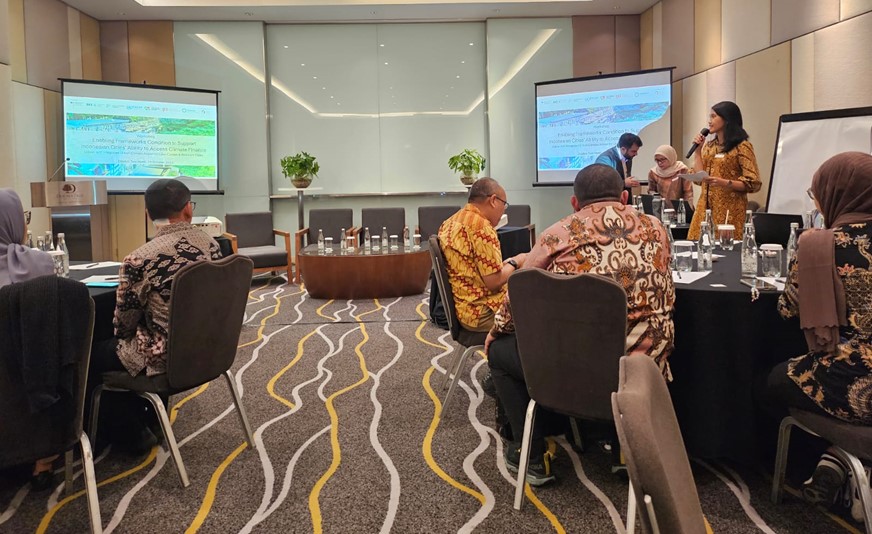
October 31, 2023 | UCLG ASPAC along with GIZ, within the framework of The Urban-Act, supported ESCAP in co-organising a workshop focusing on Enabling Frameworks to Support Indonesian Cities’ Access to Climate Finance in Jakarta. The workshop was attended by approximately 40 participants from central governments, local governments as well as associations and development partners.
The workshop presented the concept of assessing national conditions that enables cities to access climate financing and discuss the landscape of regional climate action financing in Indonesia for the development of a self-assessment tool. The results contributed valuable insights to the development of assessment tools and follow-up support from ESCAP regarding climate financing within the Urban-Act framework.
ESCAP highlighted the challenges of creating infrastructure that led to the gap for effective climate financing. A session was dedicated to setting up the scene, featuring presentations by representatives from ESCAP to explain about the regional challenges of cities’ ability to access climate finance and from the Fiscal Policy Agency (BKF), Ministry of Finance, highlighting national and subnational climate budget tagging. The session also covered opportunities for national banks to finance climate action, as presented by PT Sarana Multi Infrastructure. Additionally, experiences from Medan and Padang in accessing climate finance were shared.
Another session involved presenting the methodology used to assess enabling frameworks for accessing climate finance. This assessment was facilitated by the Cities Climate Finance Leadership Alliance – Climate Policy Initiative (CCFLA-CPI) using a standardised methodology tailored for city and government practitioners. The methodology prompted users to respond to specific questions, aiming to construct a comprehensive understanding of the opportunities and constraints related to mobilising climate mitigation and adaptation investments in their respective cities. This session was followed by group discussions divided into three topics: climate policy, budget and finance, and climate data. Each group presented their findings, identifying gaps, and challenges within each topic. The interactive and collaborative nature of the workshop allowed for a rich exchange of insights and experiences among the participants.
The Learning Forum on City Enabling Environment on Environmental and Climate Change Governance (CEE-ECG)
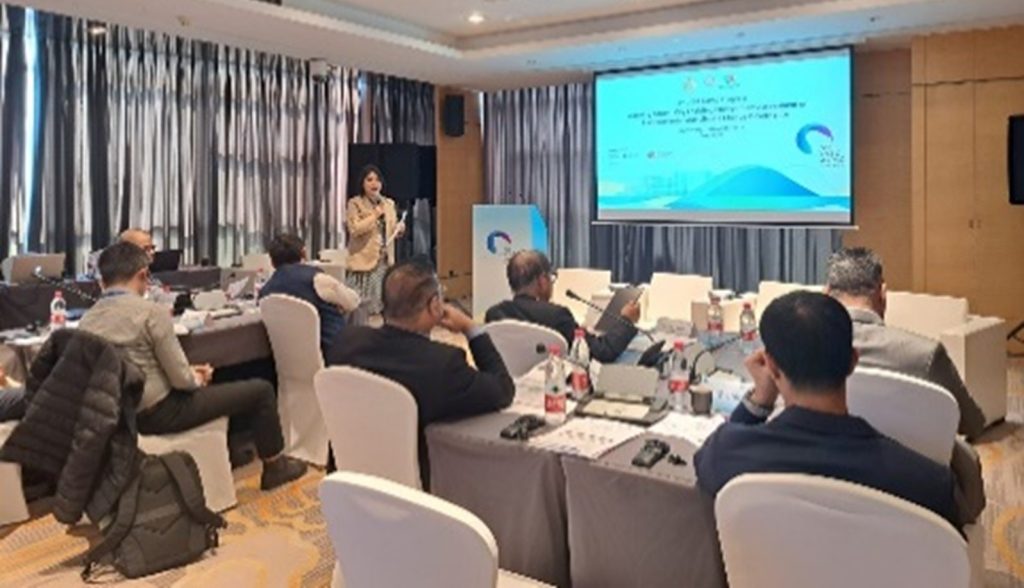
November 15, 2023 | In conjunction with the 9th UCLG ASPAC Congress in Yiwu, China on November 15, the Urban-ACT project co-organised a learning forum on City Enabling Environment on Environmental and Climate Change Governance (CEE-ECG), a collaboration with GIZ China as part of consortium partner of Urban-ACT project. The event was graced by Mr. Martin Hofmann, GIZ Regional Head of Climate, Energy, Environment, Biodiversity and Mobility and Mr. Ashok Kumar, Immediate Past President of UCLG ASPAC.
The first session of the learning forum focused on the CEE-ECG result discussion:
- Mayor of Prik Municipality, President of NMT Thailand
Recommendations: management synergy, in relation to tourism, the marine industry, and especially for coastal areas; assessment in various areas related to the urban environment; better management of local water, involving local water management agencies and government units and see how we can promote relevant projects locally;
- APEKSI
Recommendations: help policymakers make better assessments at the national level, at the local level, and give them adequate funding. Mentioned the need for core actions at the national level;
- All India Institute of Local Self Governments (AIILSG)
Shared the agreement with the conclusions of the report and the capacity-building projects and suggestions for improvement in local governments in India in capacity building, especially in terms of urban resources;
- China’s National Centre for Climate Change Strategy and International Cooperation
Mentioned that the central level attaches great importance to climate work, but to the locality, especially to the city or county level, the degree of attention will decrease. Our governance of the environment is long-term, for the sustainable development of human beings; in the short term, there is no way to get real value. Therefore, at the local level, it is now the stage of developing people’s lives, and the problem of recovery in the future is also very serious.
The second session was sharing on best/good practices with following points:
- Xiamen: Low-Carbon Transport Planning and Action
Build strategic indicators for transportation development around the goal of green and low-carbon development, special planning for rail transit, independent bicycle lane and healthy trail construction, build a seamless freight collection and distribution system, increase the proportion of railway freight, and promote multimodal transportation such as sea-rail combined transport, water transport, public transport fare and financial subsidy mechanism, and people-oriented space management system.
- Shimla: Climate Adaptation Practices adopted in Himachal Pradesh – A Case Study of Sirmour District and Other Initiatives
Better align national and sub-national adaptation and mitigation planning, created state level knowledge platform on climate change and disaster risk reduction, development of eco village plan, technical support for development of plans at village level to implement the government schemes- eco-village scheme towards reducing carbon footprints.
- Samarinda: Waste Management as a Development Priority
Revising waste regulations, procurement of waste transport ships, waste oil collection, waste donation.
Actions: Removal of temporary waste shelters on protocol roads, mobile temporary waste shelter trial, installation of river rubbish nets, salai village competition.
- Catbalogan City
Building the climate resilient city strategy that match with the long-term plan of the city, action both mitigation and adaptation such as climate justice walk, community participation on early warning system before the typhoon and local energy efficiency plan development.
- Learning from research unit of carbon finance from Industrial Bank Research Institute
Carbon neutrality and green development, practices on green finance, emerging trends in green finance, the interests rate on the loan is linked to the carbon footprint of the company or project, carbon assets pledge financing, carbon assets buyback, carbon bonds.
*****








